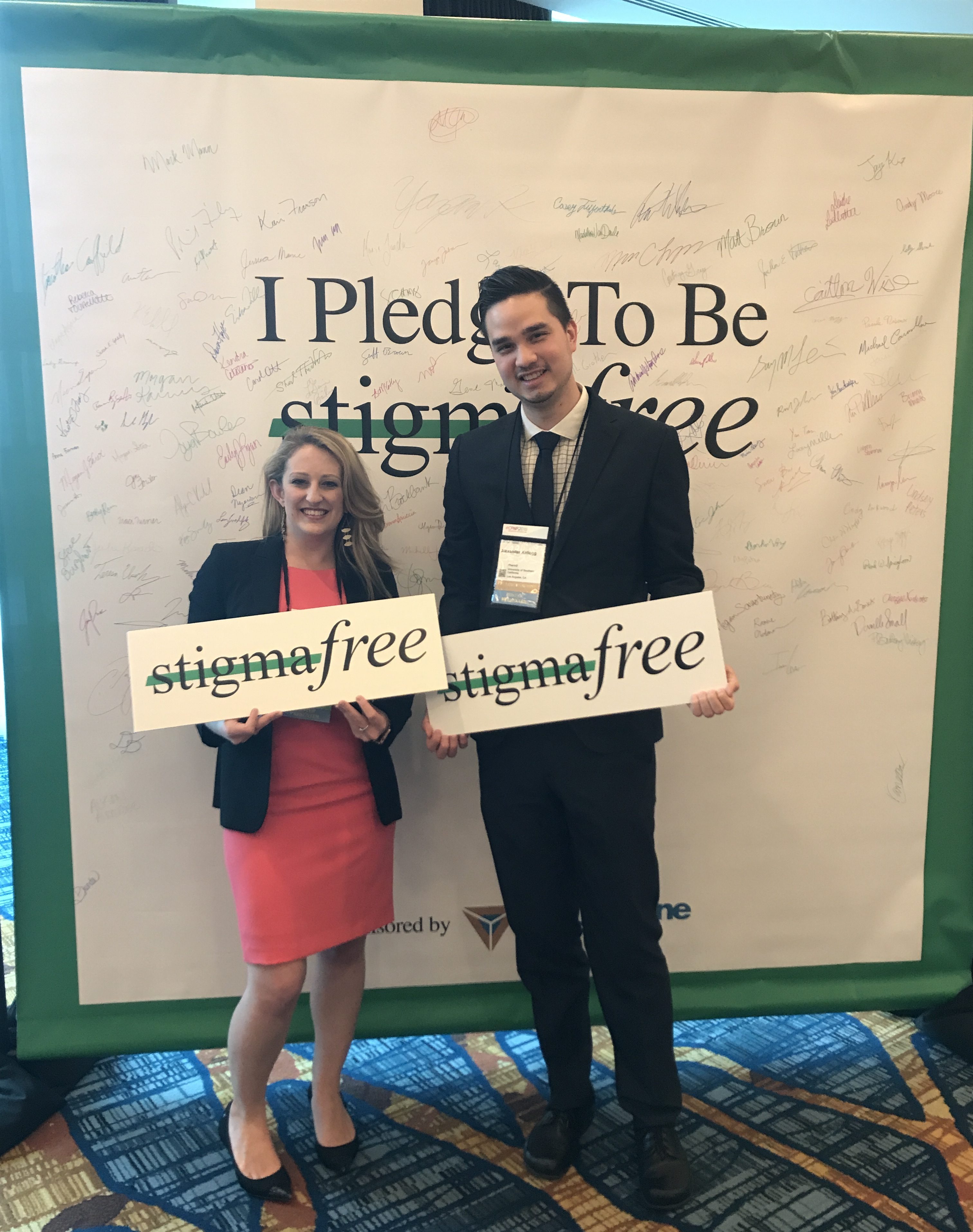The College of Psychiatric and Neurologic Pharmacists (CPNP) is the professional association that represents mental health pharmacists. There are over 1,000 pharmacists certified in psychiatric pharmacy, and when you have a conference designed to bring them all together under one roof, great things can happen. Such a conference occurred last weekend in Indianapolis, Indiana on April 21st-25th when CPNP held its Annual Meeting. I was fortunate enough to be able to attend this conference, and hope that I can share some of my experience with you.
This conference, unlike many others, is smaller and is designed to allow you to go to as many events as possible, including their keynote addresses, brainstorming sessions, poster presentations, social activities, and more. CPNP also generously worked with partners to provide free meals and snacks during the conference, and any event where there is free food is automatically a win in my book.
The conference was much more than free food though. Because the conference was about coming together in learning, so that we can better serve our patients.
This was done particularly well in the keynote addresses.
One of the keynote addresses discussed the opioid crisis, which has been receiving increased attention in the news, the public, and among healthcare professionals. We had educational sessions, pre-meeting seminars, and discussion groups all related to various topics around opioids and medication assisted treatment for opioid use disorder. With this prescription drug problem sweeping our nation, pharmacists are playing a pivotal role in helping curb the problem. For example, the Veterans Health Administration has a long history of pharmacists working in methadone and buprenorphine clinics. CPNP not only held keynote addresses related to this topic, but had breakout sessions where you could gather in small groups and have a more detailed and personal discussion on the topic. This provided for an open exchange of ideas. With the amount of research that was presented, even the most skeptical had to admit that medication assisted treatment had good results in helping patients.
Educational sessions were held on various other topics as well, including learning about the link between people that are gluten sensitive and schizophrenia. Research showed that patients who are both gluten sensitive and schizophrenic, and begin a gluten free diet, can actually see a reduction in their symptoms. The mind-body connection can be incredibly powerful, and as somebody who has had to be gluten free because of my physical health, I was happy to see the expansion of research linking gluten free diets and mental health. CPNP had a mixture of lecture style learning and discussion group/breakout session style learning, making it especially easy to adapt presentations to a person’s particular learning style. CPNP also had poster presentations.
I was fortunate to be able to present during a poster session at CPNP Annual Meeting. I had previously conducted research on different binding models for antidepressants. This is a fancy way of saying I made some graphics to show that not all antidepressants are the same. Even within a class of antidepressants, like SSRI’s (Selective Serotonin Reuptake Inhibitors), they may bind to different receptors at different strengths. We made some graphics showing this, and presented them. It was a great experience that truly showed how different each of these medications are. Presenting a poster gave me an opportunity to meet new people, who would come up and ask questions about the research.
The rest of the conference contained many other great events. CPNP Annual Meeting opened with a pre-session focused on mental health first aid, allowing members to get certified in suicide awareness and prevention. There were award presentations where people in the audience were brought to laughter and tears, and strategic planning sessions where we learned about the advocacy efforts of CPNP. But most of all, there were groups of passionate pharmacists getting together and learning how to help their patients. CPNP also partnered with the National Alliance on Mental Illness (NAMI) and their StigmaFree campaign to raise awareness and funding towards reducing the stigma of mental health. They had a number of fun events to this effect, including a selfie wall, a walk, and creative t-shirt sales.
Between the keynote speakers, educational sessions, poster presentations, collaborative events with NAMI, the patient advocacy efforts of CPNP, the discussion groups, and networking opportunities, it is hard to deny the energy brought to this event. You are certainly never bored! Leaving CPNP, I was left even more inspired to care for my patients. Everybody there truly wanted to learn, and wanted to be the best clinician they could be. Pharmacists can do so much to care for their patients, especially in the area of mental health. Every year I’ve gone to CPNP the conference has grown larger and larger, as the number of pharmacists trained in mental health continues to grow. I cannot express how proud I am to be a part of this, and I hope to encourage all pharmacists to attend CPNP Annual Meeting in the future. I know how much it has strengthened my ability to help my patients, and I hope it will do the same for many other pharmacists.


